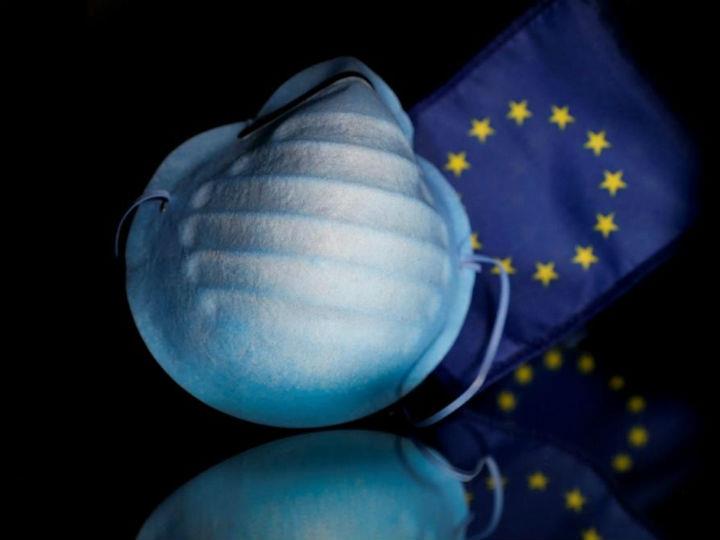by N. Peter Kramer
The pandemic has hit Italy the hardest in the EU. The country should be able to rely on other member states for help; isn’t solidarity, after all, what the EU preaches? But when Italy asked for emergency medical supplies last week, the call went unheeded. It was China who, unexpectedly, responded with an offer of critical medical equipment. Italy’s plight became a disgraceful test of EU solidarity.
Among EU memberstates unilateralism (don’t use the N-word!) is increasing. That is not new. In this extra-ordinary time of a life-threatening virus, individual EU-countries are going their own way on border controls, the policing of events, school closures, assistance to businesses and lock downs. Even Angela Merkel, who in 2015 opened her country’s borders for more than a million refugees, rushed to seal the same borders last Sunday. In a rare televised speech, she told her German compatriots to ‘acting together in solidarity’.
Finally, on Tuesday, EU leaders, in a tele-Council meeting, confirmed the Commission’s proposed closure of the EU’s external and Schengen borders for at least 30 days as they continued struggling to come up with a unified response to the coronavirus outbreak. It means that each memberstate can go further on its own way with loans and loan-guarantees, providing government financing for disrupted businesses, measures to support companies ranging from tax exemptions to having up to 90% of wages paid by the government.
And the Commission? It will scrap payments national governments are due to make to ‘Brussels’. And will quickly implement tens of billions of euros worth of unused funds! EU finance ministers have in the meantime agreed to exempt public spending including stimulus measures related to dealing with coronavirus from the strict EU governments spending rules.
It seems that the necessity knows no rules but borders. And euros, of course.







